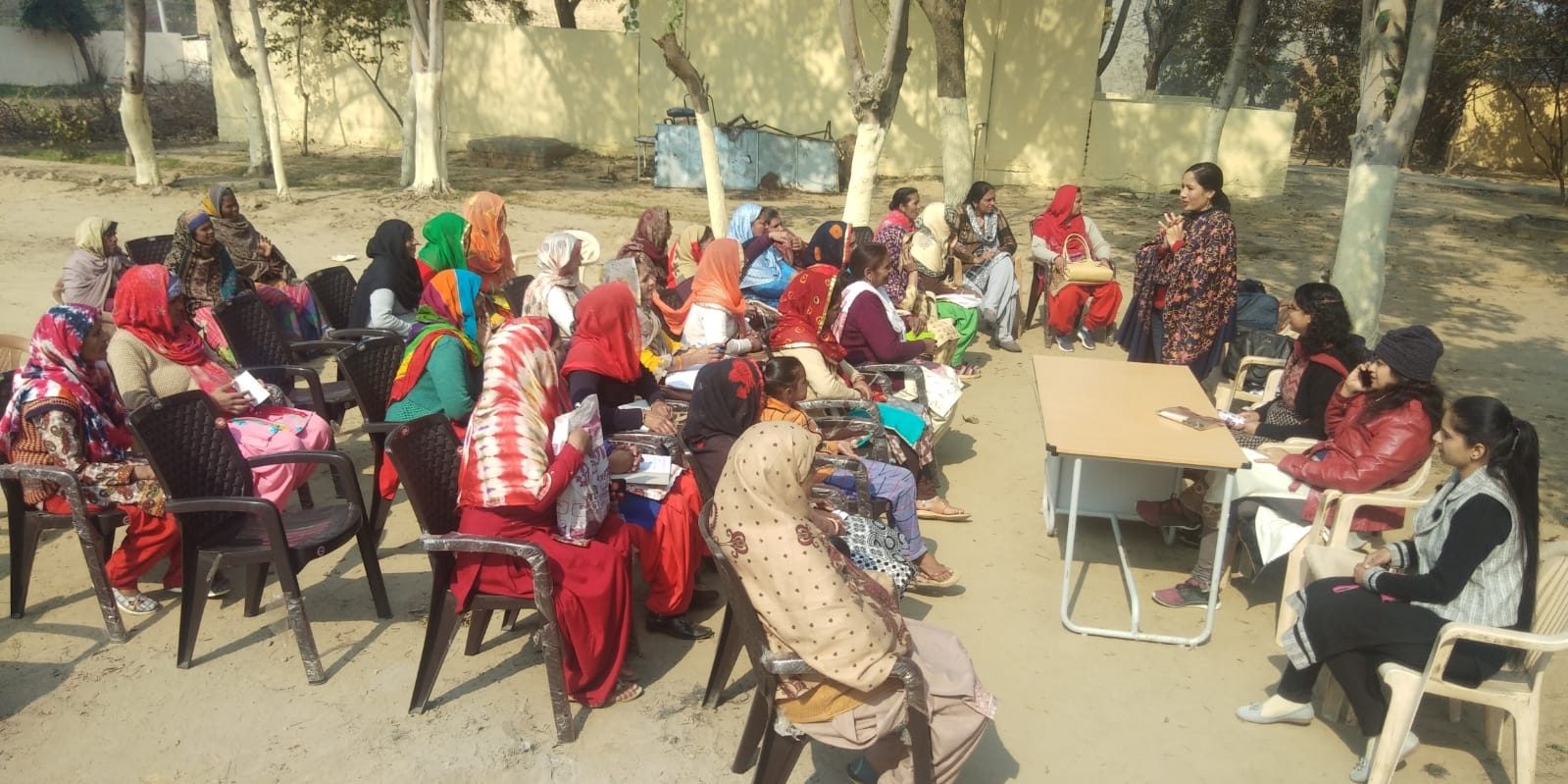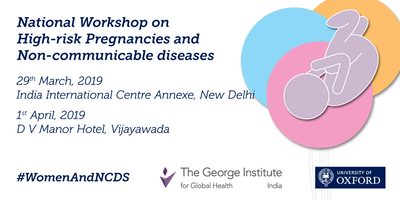Dr Rajani Ved

Study finds drug class provides cardiovascular benefit for all patients with type 2 diabetes
All type 2 diabetes patient subgroups are likely to achieve cardiovascular protection from the use of SGLT2 inhibitors, according to a large multi-study review published in the Journal of the American Heart Association.
Meet Vincent Garvey, Engineering Director of Ellen Medical Devices
Vincent Garvey is the Engineering Director of Ellen Medical Devices, Senior Visiting Fellow UNSW and Engineering Entrepreneur at George Health Enterprises. He is the inventor of the affordable dialysis system which has the potential to save millions of lives.
Study examines quality of life in patients with kidney disease in India
A new study indicates that even early stages of chronic kidney disease (CKD) can negatively impact individuals’ quality of life. The findings, which appear in an upcoming issue of CJASN, point to the importance of addressing, in addition to the medical aspects of chronic diseases, other factors that are important to patients.





